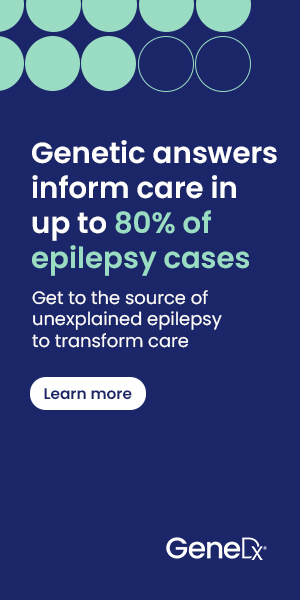The U.S. Food and Drug Administration (FDA) has approved Sephience (sepiapterin) for the treatment of phenylketonuria (PKU).
PKU is a rare genetic metabolic disorder that increases the body’s levels of phenylalanine. Humans cannot make phenyalanine, but it is a natural part of the foods we eat. However, people do not need all the phenyalanine they eat, so the body converts extra phenylalanine to another harmless amino acid, tyrosine. People with PKU cannot properly break down the extra phenylalanine to convert it to tyrosine. This means phenylalanine builds up in the person’s blood, urine, and body. Without treatment, children with classic PKU develop permanent intellectual disability. Light skin and hair, seizures, developmental delays, behavioral problems, and psychiatric disorders are also common. Less severe forms have a smaller risk of brain damage. In most cases, PKU is caused by genetic changes in the PAH gene.
Sepiapterin is a natural precursor of enzymatic co-factor BH4, which is critical for phenylalanine hydroxylase. The treatment targets the reduction of blood phenylalanine levels, treating hyperphenylalaninemia. The recent FDA approval follows results from the phase 3 APHENITY clinical trial and its long-term extension study.
Results illustrated over 97% of participants in the Phe tolerance protocol of the open-label extension demonstrated the ability to liberalize their diet while on treatment with sepipterin, with a mean increase in protein intake of 126%. Additionally, 66% of these participants reached or exceeded the age-adjusted recommended daily allowance of protein intake for an individual without PKU, while maintaining control of blood Phe levels.
For more information, click here.
To learn more about PKU and other rare metabolic conditions, visit https://checkrare.com/diseases/metabolic-disorders/

